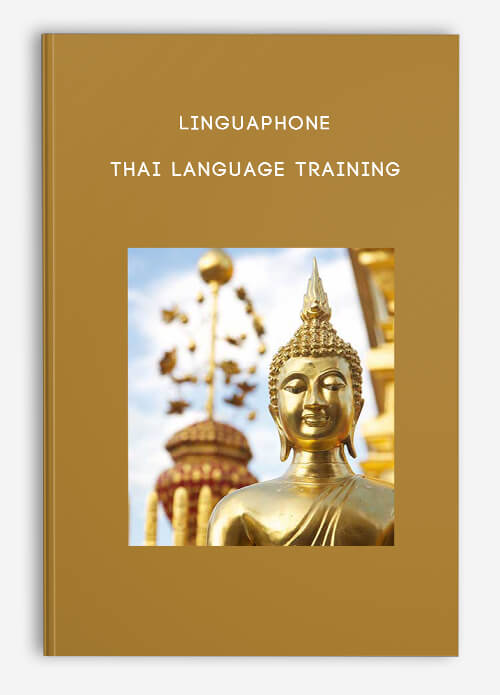
Linguaphone – Thai Language Training
Description No previous language experience is required with the highly acclaimed Linguaphone Thai course that has helped thousands of people learn Thai at an advanced level. Written by experts in Thai and using native speakers, our Complete Thai Course will give you a good foundation in the grammar, verb tenses and sentence structure you need to communicate effectively and confidently in Thai. This popular course covers a mixture of social, travel and business scenarios and includes a wide range of study materials to help you master the Thai language. In addition, you will develop an active vocabulary of over 2000 Thai words. What the Linguaphone advanced Thai language course includes: 8 audio CDs. A 296-page reference book that contains step-by-step lesson plans, complete grammar explanations, and fun activities. 248 – page tutorial – contains printed and illustrated transcriptions of CD recordings. The 72-page ABC – explains how to read and write the letters of the Thai alphabet. Study Guide – Provides complete instructions on how to plan your training in order to get the most out of your course. A case for carrying a lingaphone. Language levels you will reach: Advanced What will you learn: Over 2000 practical Thai phrases and sayings. Examples of topics covered: Sightseeing and asking directions. Asked questions, ordered food and drinks. Shopping. Visit doctor. Language level: from complete A1 beginner to independent A2 / B1 user by the end of the course, as defined in the Common European Framework of Reference for Languages (CEFR) Self Help – Online Self Help Course More information on self-help: Self-help or self-improvement is self-directed improvement — economic, intellectual, or emotional — often with a substantial psychological basis. There are many different group Self-Help programs, each with its own focus, methods, associated beliefs, supporters and, in some cases, leaders. Concepts and terms derived from the Self-Help culture and the twelve-step culture, such as recovery, dysfunctional families, and codependency, have become firmly integrated into mainstream language. Self-help often uses publicly available information or support groups, both online and in person, where people in similar situations come together. Since the early examples of independent legal practice and home counseling, the connotations of the word have spread and are often applied in particular to education, business, psychology and psychotherapy, usually disseminated through the popular genre of self-help books. According to the APA Psychological Dictionary, potential benefits of self-help groups that professionals cannot provide include friendship, emotional support, experiential knowledge, identity, meaningful roles, and a sense of belonging.


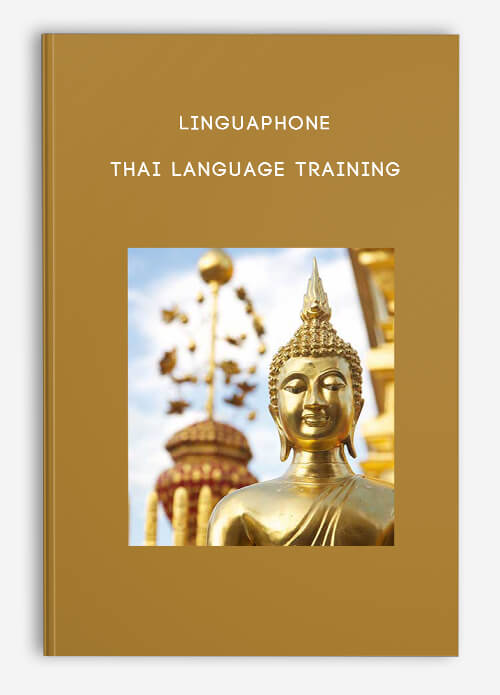



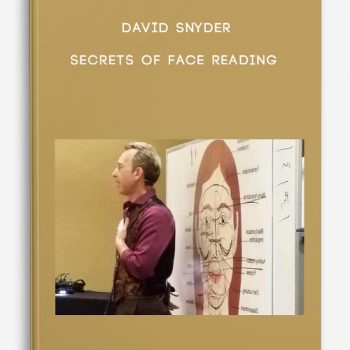

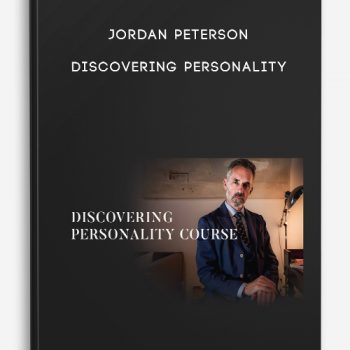

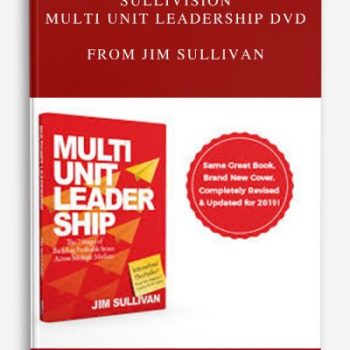

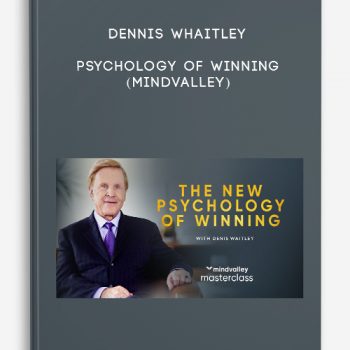
tristian –
This is Digital Download service, the course is available at Coursecui.com and Email download delivery.